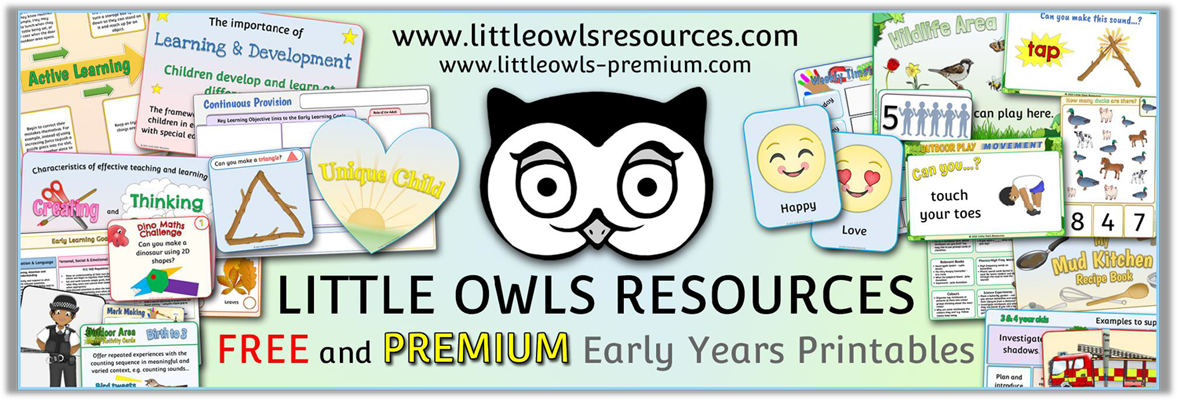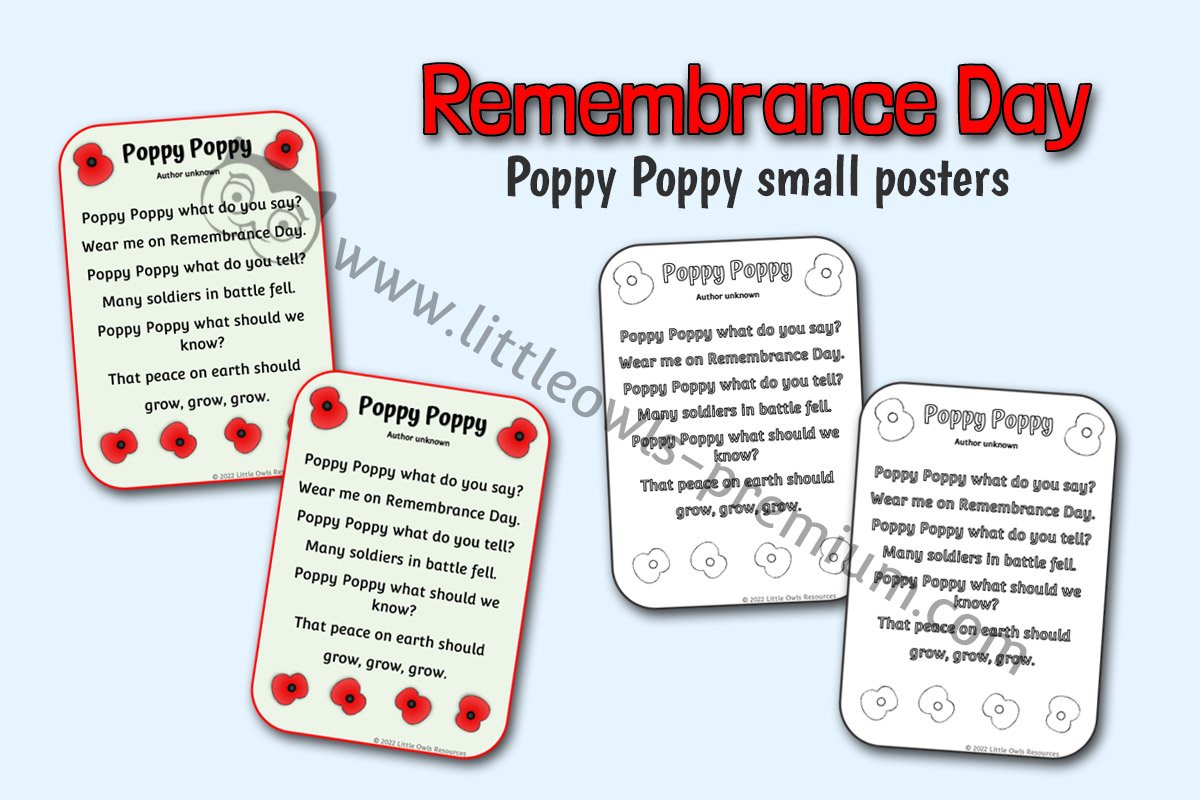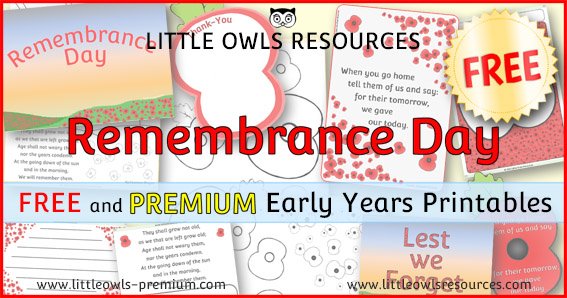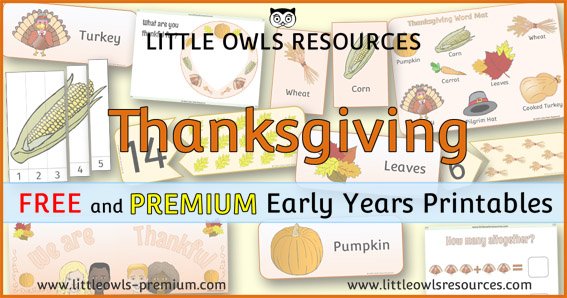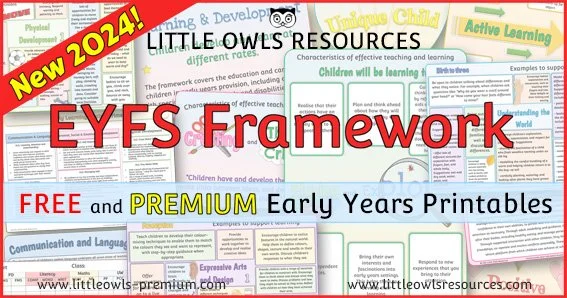Remembrance Sunday: 9th November 2025 / Remembrance Day: 11th November 2025
Remembrance Day - EYFS/Early Years activities, Displays and ideas
Our ‘Remembrance Day’ resources on this page are currently FREE!
(In both editable and non-editable formats!)
SECTIONS ON THIS PAGE:
Free ‘Remembrance Day’ resources
What is Remembrance Day?
More November topics/special dates you may be interested in
If you are not a member already, you can download these resources by becoming a ’FREE Access’ Member. Once you have downloaded our free resources on this page, sign up here to access our entire catalogue of printable early years resources. Thousands of editable learning and organisational resources. Find out more about becoming a member here.
Please note that both Editable (docx file) and non-editable (pdf file) versions are available for all Remembrance Day resources. (Editable files require Microsoft Word to work at optimum level and Non-Editable files require a pdf viewer.)
Click on the thumbnail images below for further details…
What is Remembrance Day?
Remembrance Day, observed on November 11th, is a memorial day to honour the armed forces members who lost their lives in service to their country. Originally established to commemorate the end of World War I (which ended on November 11th, 1918), it has since expanded to honour all military personnel who have died in conflicts.
Historical Background of Remembrance Day
End of World War I: Remembrance Day marks the day the armistice was signed between the Allied forces and Germany, effectively ending World War I hostilities. The armistice took effect at the 11th hour of the 11th day of the 11th month in 1918.
Origins of the Commemoration: In 1919, King George V declared that November 11th would be a day of remembrance to honour the fallen soldiers, and the tradition has continued annually since then.
Key Symbols and Traditions of Remembrance Day
The Poppy: The red poppy is a widely recognised symbol of Remembrance Day, inspired by the poem "In Flanders Fields" by Canadian doctor and soldier John McCrae. In the poem, McCrae wrote about the poppies growing on the graves of soldiers who had died on battlefields. People wear poppies to show respect and to support veterans and their families, with poppies sold to raise funds for veterans' charities.
Two-Minute Silence: At 11:00 a.m. on November 11th, a two-minute silence is observed to remember and honour those who lost their lives in conflict. This silence is observed in many places, including schools, workplaces, and public gatherings, as well as during official ceremonies.
Cenotaphs and Memorial Services: Many countries, especially in the UK, Canada, Australia, and New Zealand, hold public ceremonies at cenotaphs or war memorials. The Cenotaph in London, located in Whitehall, is one of the most prominent sites where people gather for the national Remembrance Day service.
Wreath Laying: During memorial services, officials, military personnel, and veterans lay wreaths of poppies at war memorials to pay tribute to the fallen. The laying of wreaths is a solemn part of the day’s observance, signifying respect and remembrance.
"Last Post" and "Reveille": The "Last Post," a traditional bugle call, is played to signify the end of the soldiers’ duty, and "Reveille," a bugle call to signify the start of a new day, is often played to conclude ceremonies.
The Importance and Meaning of Remembrance Day
Honouring Sacrifice: Remembrance Day acknowledges the courage, sacrifice, and suffering of those who served in wars, as well as the impact on their families and communities.
Encouraging Peace and Reflection: While it commemorates those who served, Remembrance Day also serves as a solemn reminder of the cost of war and the importance of working toward peace.
Educational Value: Schools and communities often use the day to educate younger generations about the history of world conflicts, the importance of remembrance, and the value of peace and unity.
International Observance
Remembrance Day is observed in various forms worldwide. In Commonwealth countries, it is commonly known as Remembrance Day, while in the United States, November 11th is observed as Veterans Day, honouring all U.S. military veterans, both living and deceased. In France and Belgium, it is known as Armistice Day, specifically commemorating the end of World War I.
Overall
Remembrance Day is a meaningful day dedicated to reflection, respect, and gratitude. It unites people across different countries in honouring those who have made the ultimate sacrifice, fostering a collective commitment to remember the past and hope for a peaceful future.
More November topics/special dates you may be interested in…
